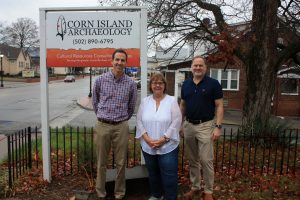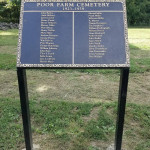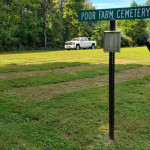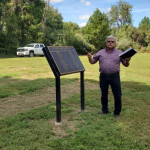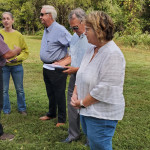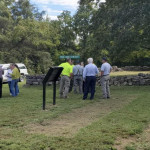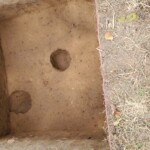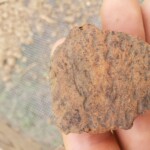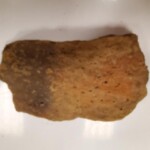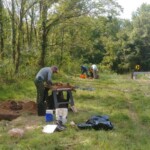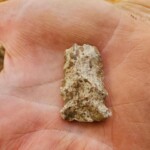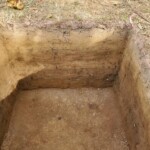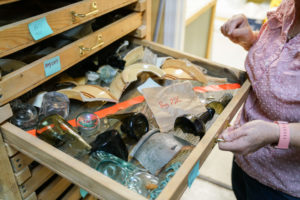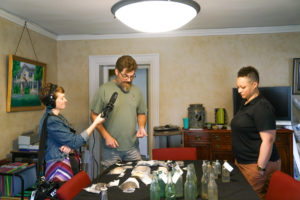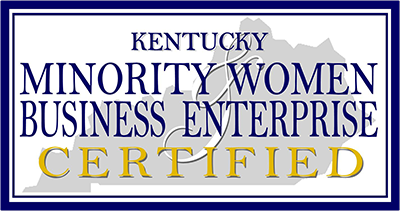Corn Island archaeologists utilize photogrammetry, a technique for calculating the relationship
between multiple overlapping photographs to derive precise 3D measurements. For
archaeologists, photogrammetry is a useful tool for measuring any number of items from small
handheld artifacts to entire archaeological sites.
Photogrammetry is a type of remote sensing technique and is just one of several methods for
detecting and deriving information from afar. Remote sensing can assist in measuring difficult
to access features, including those below ground, or tall objects in the field that otherwise
cannot be safely accessed. With the availability of today’s digital cameras and unmanned aerial
systems platforms, modern photogrammetry equipment is more accessible making survey
easier and more flexible than in the past. In fact, remote sensing techniques have been in use
for over a century dating back to the practice of attaching cameras to balloons for aerial
observation during the U.S. Civil War. The earliest uses of photogrammetry came shortly after
in the early 20 th century when aerial photographs were collected and viewed in stereo pairs to
interpret relief aiding in the development of topographic maps.
Aside from deriving precise measurements, photogrammetry is increasingly used from digital
curation of individual artifacts to aiding in high-resolution site interpretation in GIS software.
Fragile artifacts can be shared digitally as a 3D model presenting a more tangible sense of the
item’s attributes and geometry when compared to standard photographs. Historic structures
that are in disrepair or slated for modification can be recorded in situ to fully document
integrity and complex site context. Spatially referenced images of landscapes can be
orthorectified in photogrammetry software when collected using ground control points (GCPs)
and utilized as datasets in GIS providing a basis for additional analysis. 3D point clouds and
polygonal mesh models are common products derived from photogrammetric model
development.
Corn Island recently used photogrammetry to document and measure a historic bridge
abutment in Spencer County, KY.


